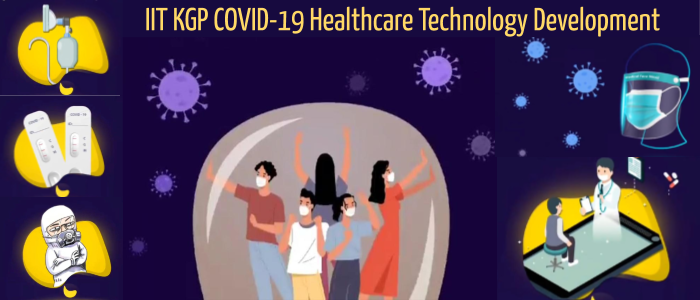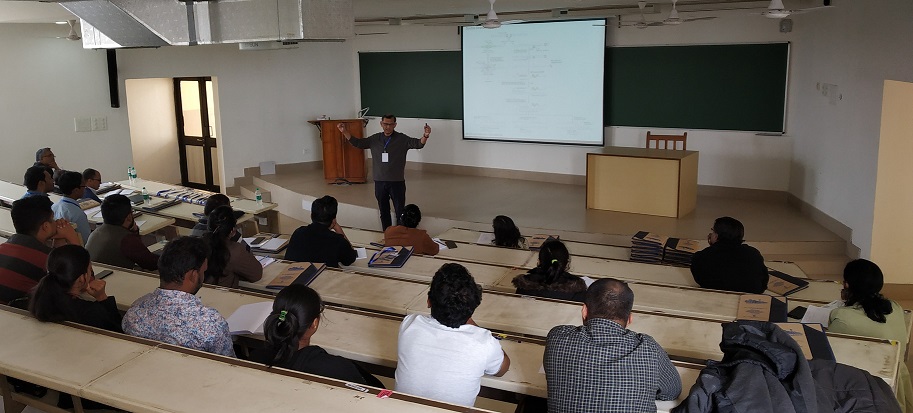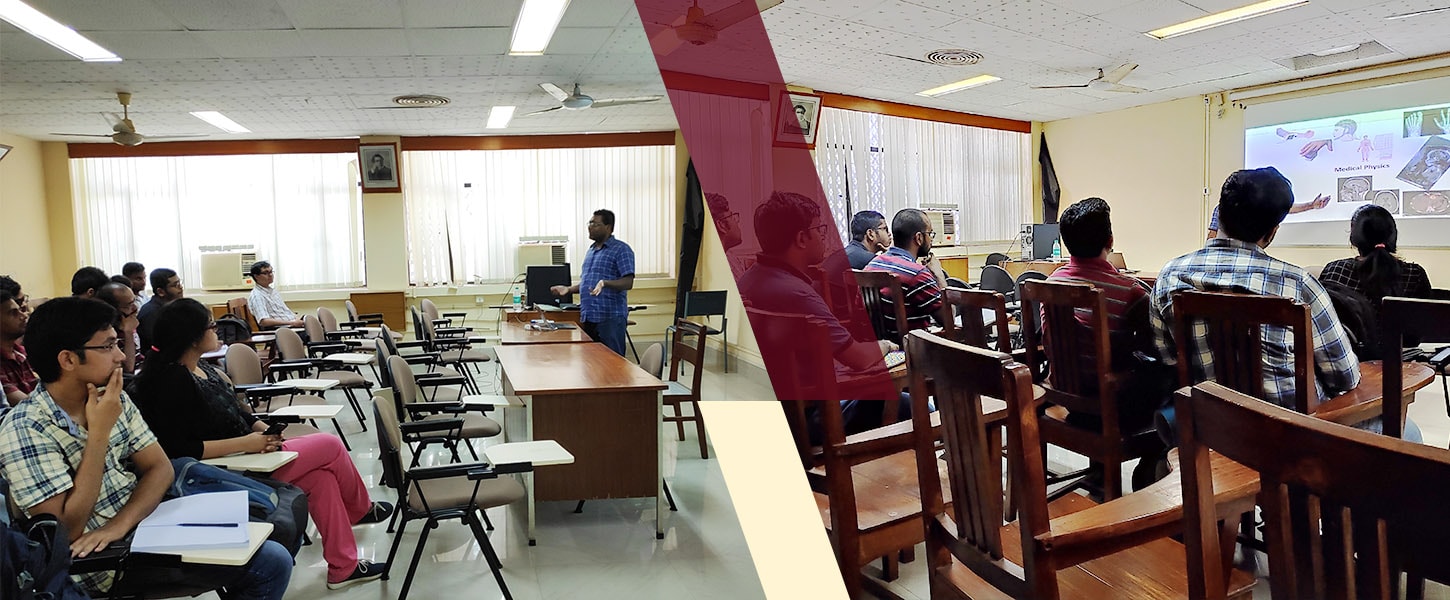
Pandemic Healthcare Technologies Underway @IITKGP
Economic Times Times of India Times of India (PTI) Hindustan Times Outlook Indian Express CNN News18 News18 Bangla (TV) News18 Bangla (Web) Deccan Herald Careers360 Analytics India Magazine NDTV Firstpost India Blooms Business Insider The Week Aaj Tak India Today IIT…



